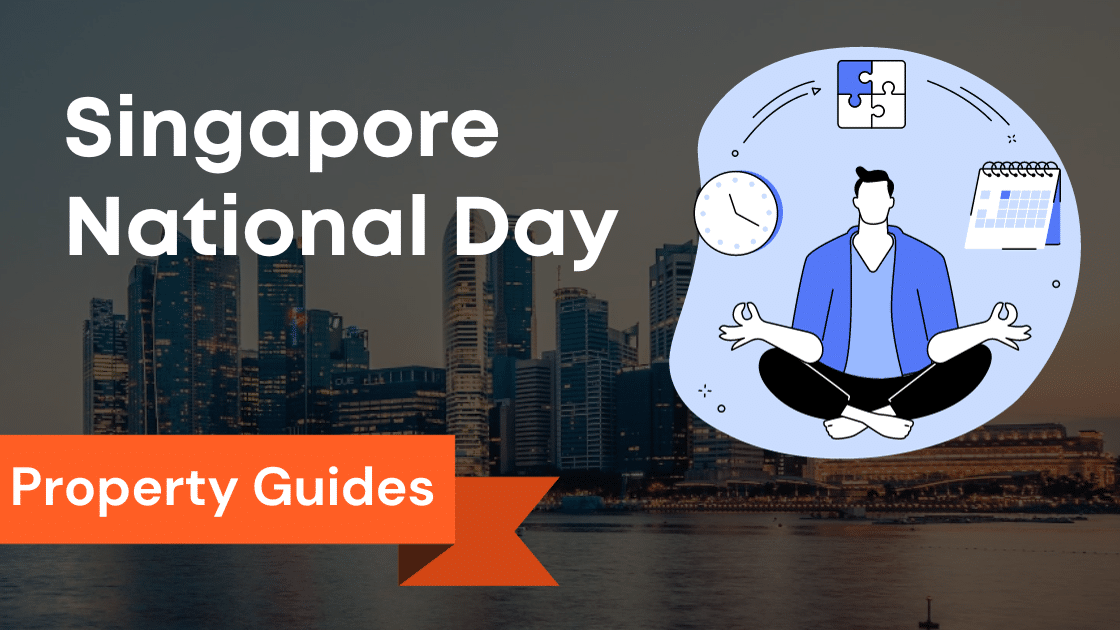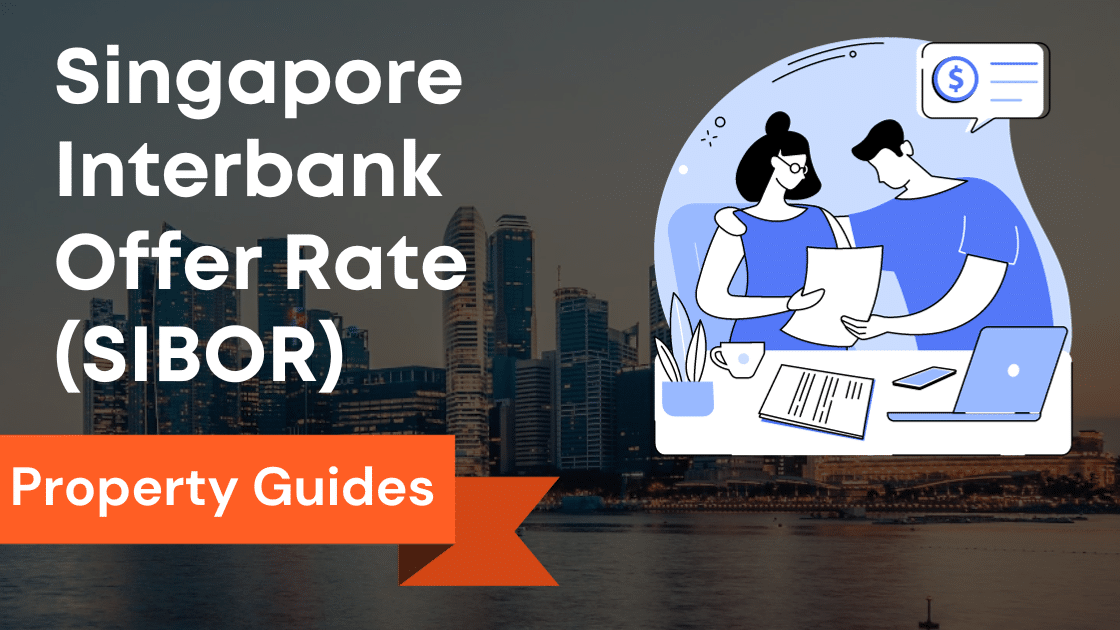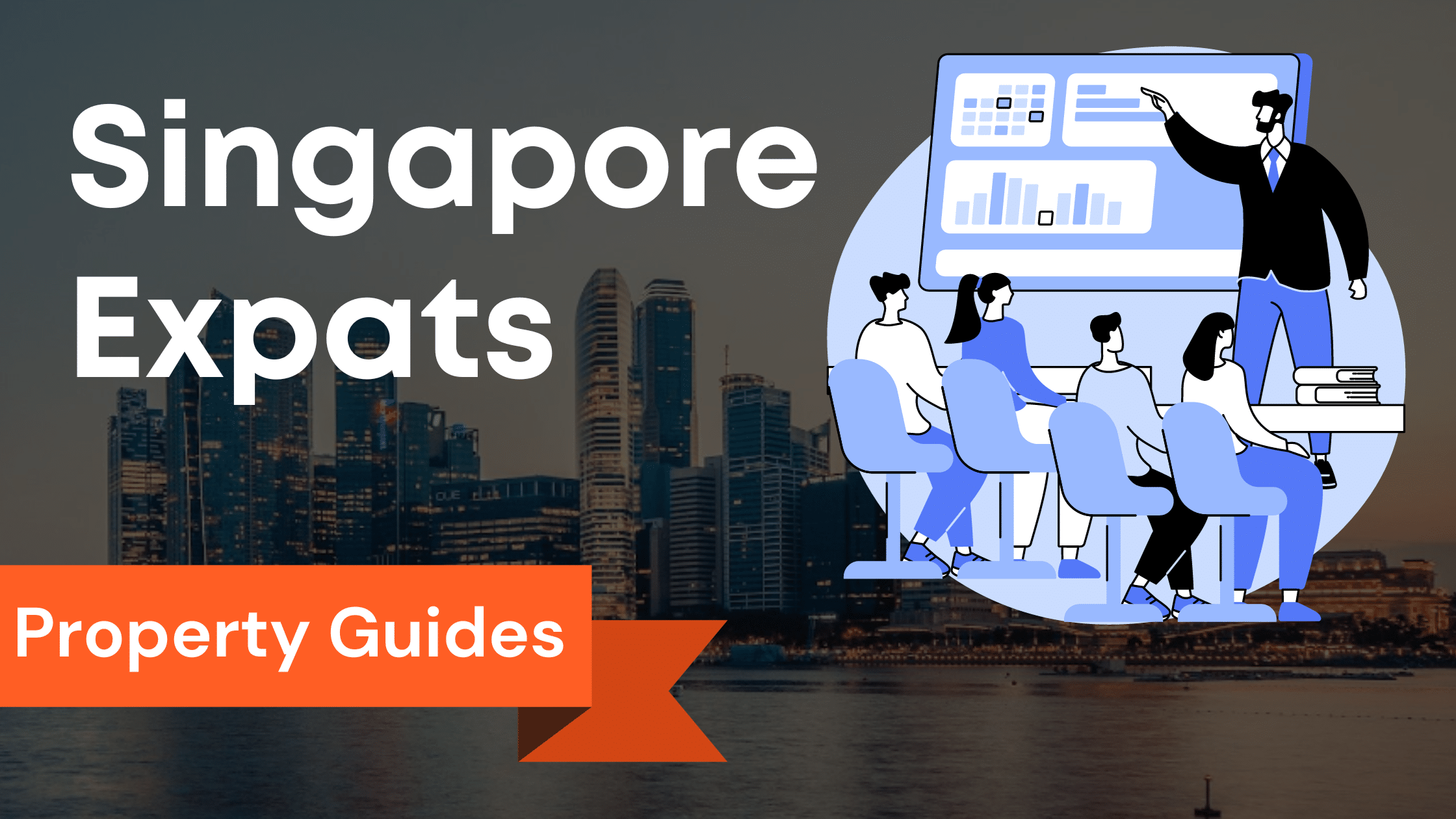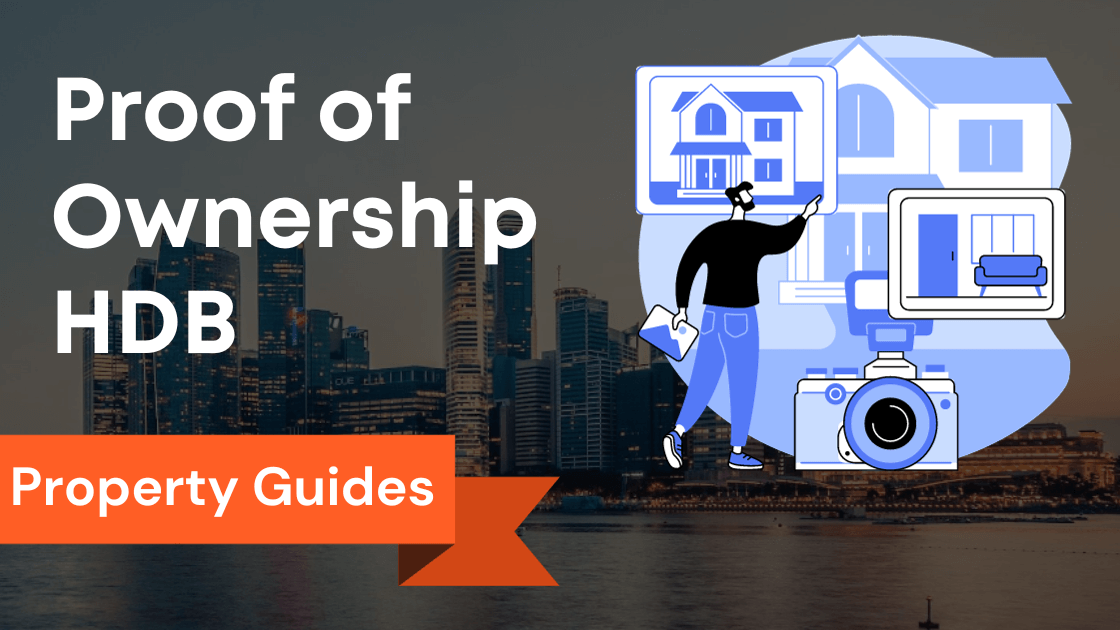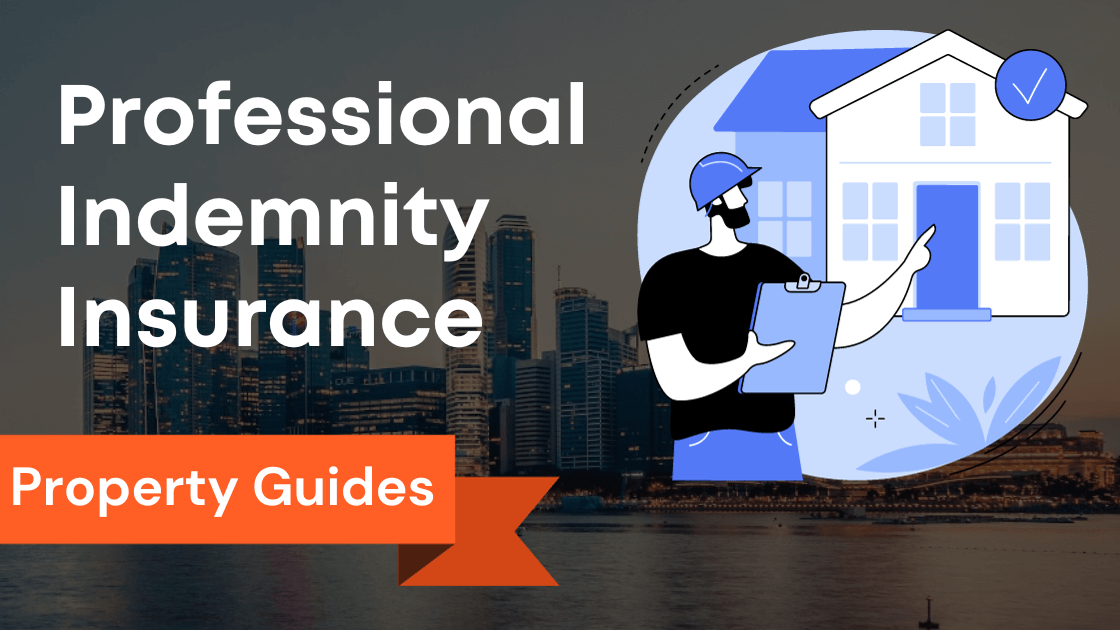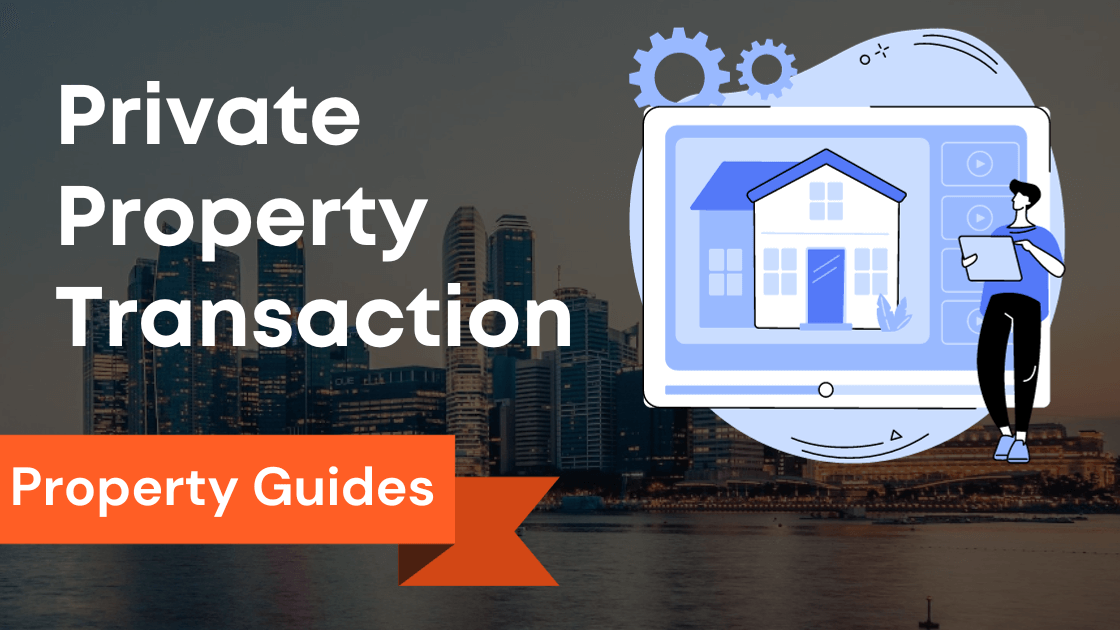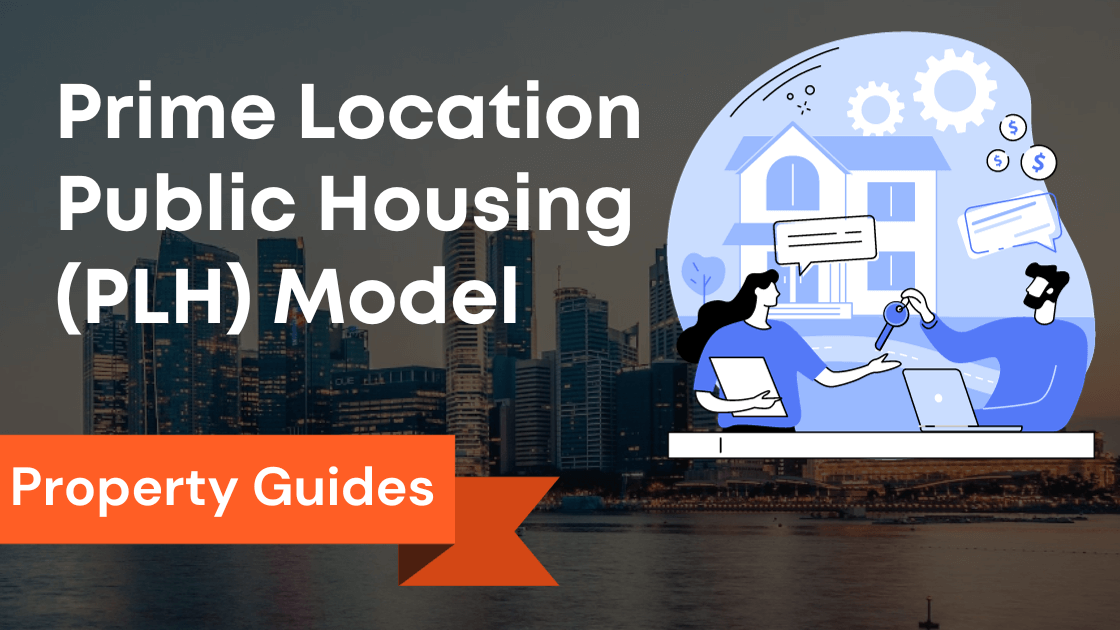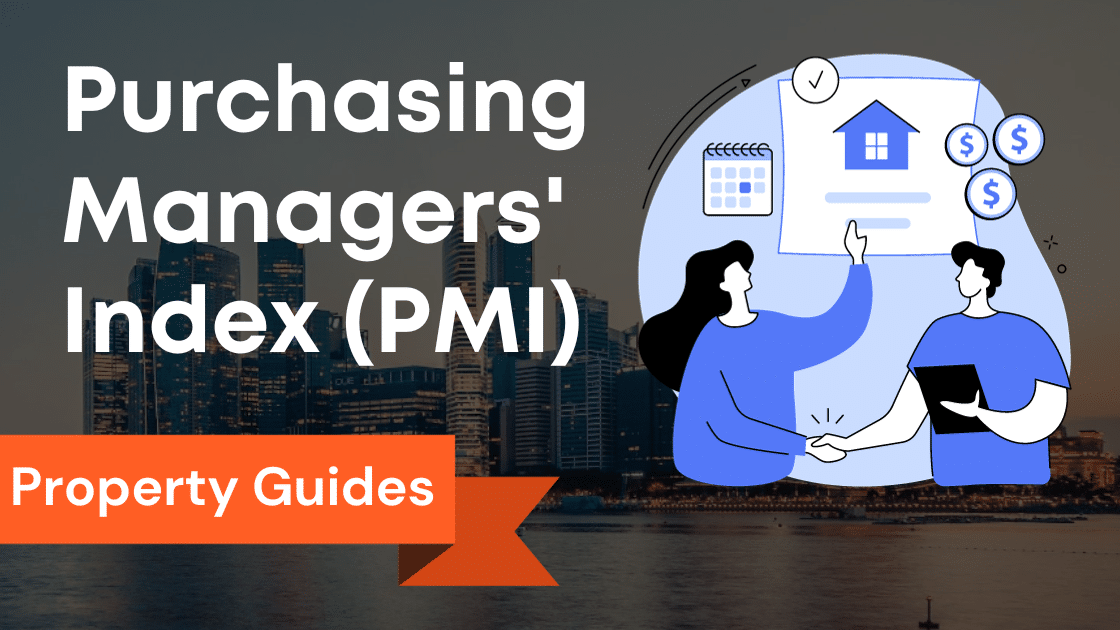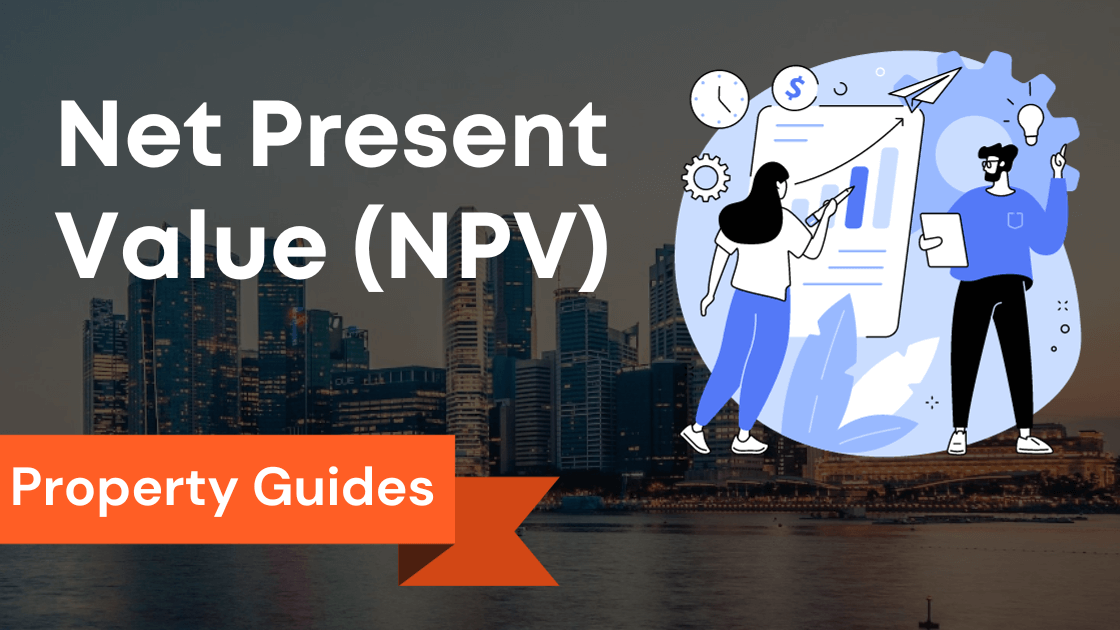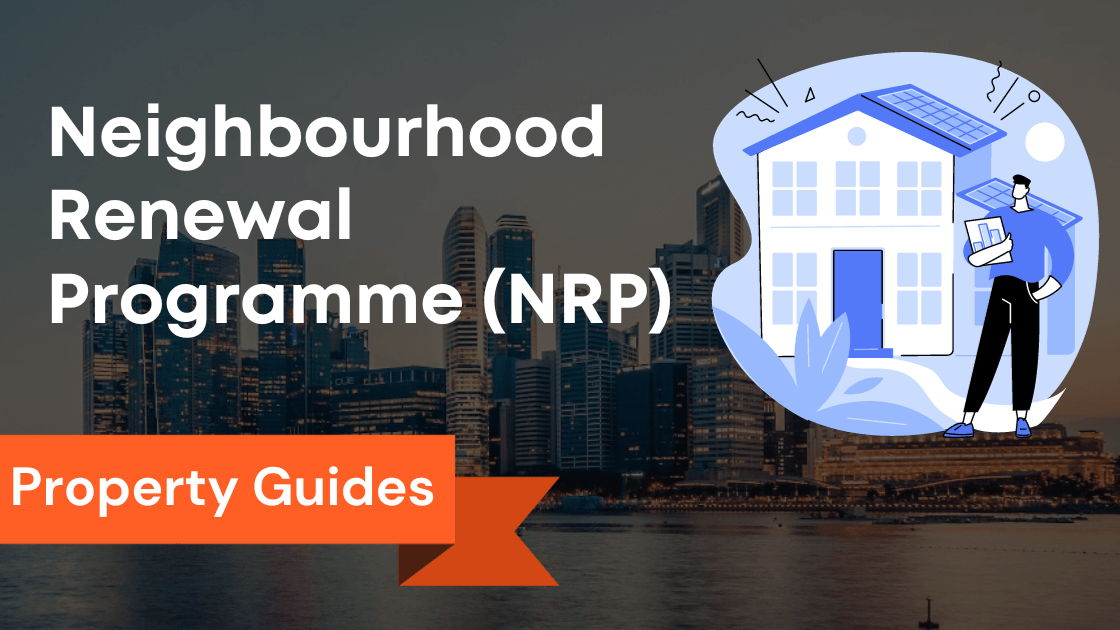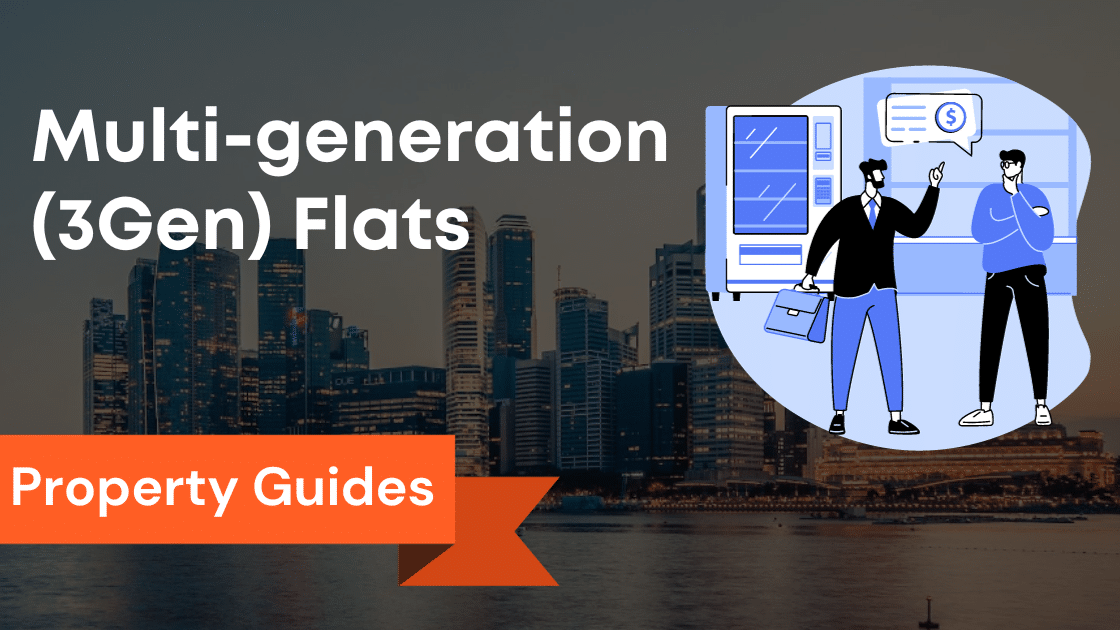Singapore National Day 2023: Singapore National Day Parade | Parade to be held at the Padang in 2024 and 2025
Overview of Singapore National Day Parade 2023 Historical significance of Singapore National Day...
Dive into the Dynamic World of Interbank Rates in Singapore: Unraveling the 2023 Trends in Singapore Interbank Offer Rate and Singapore Overnight Rate – SIBOR and SOR | Exploring Benchmark Rate, Fallback Rate, and the Intricacies of Interest Rate Benchmarking!
What is Singapore Interbank Offer Rate (SIBOR)? SIBOR Definition The Singapore Interbank Offer...
Guide to Expats Live in Singapore – Navigating the Expat Community, Singapore Forum, Guide to Moving, and the Art of Moving: Your Ultimate Resource Community in Singapore Expats 2023!
Overview of Singapore Expats Why Singapore is a Great Place for Expats Singapore Expats has gained...
Unlocking the Legal Landscape: Ensuring Property Ownership in Singapore with HDB – A Comprehensive Guide for Owners to Secure Proof of Ownership, Rental Eligibility, and Title Copy for a Seamless Ownership Journey
Proof of Ownership of HDB Flats in Singapore What is Proof of Ownership? Proof of ownership is a...
Unlocking Security: A Comprehensive Guide to Professional Indemnity Insurance, Errors, and Omissions Coverage
Overview of Professional Indemnity Insurance Define Professional Indemnity Insurance Professional...
Mastering Private Property Transactions: A Deep Dive into Resale, Sale Timelines, and Latest Research in Singapore Residential Market | Private Residential Properties | Condo Sale Transactions
Introduction to Private Property Transactions in Singapore Private property transactions refer to...
Prime Location Public Housing Model (PLH): Guide to HDB BTO Flats in Prime, Resale Options, HDB Flat, Public Housing and Housing Grants in Prime Areas
Singapore Purchasing Managers Index (PMI) 2023 Business Confidence What is the Singapore PMI? The...
Singapore Purchasing Managers’ Index Singapore PMI: Exploring the 2023 ISM Manufacturing PMI Landscape with Key Insights on ISM, Purchasing Managers Index, and Economic Indicators of Singapore Manufacturing
Singapore Purchasing Managers Index (PMI) 2023 Business Confidence What is the Singapore PMI? The...
Explore Campus Excellence: Engage in Open House 2023 Activities, Tours, Workshops, Booth Showcases, and Talks for Graduates in Singapore
Introduction to Open House 2023 Open House events are widely recognized as valuable opportunities...
Unlocking Financial Insights: Calculate Net Present Value in Singapore with Excel Powerful Calculator Formula To Calculate
Introduction to Net Present Value (NPV) Net Present Value (NPV) is a financial analysis tool used...
Unlocking Potential: A Deep Dive into the Neighbourhood Renewal Programme (NRP) by HDB for Comprehensive Urban Transformation and Sustainable Community Development
Introduction to Neighbourhood Renewal Programme (NRP) The Neighbourhood Renewal Programme (NRP) is...
Unlocking Multi-Generation 3Gen Flats: Guide to Buying a 3Gen HDB Flat in Singapore – Embrace the Future of Multi-generational Living Maisonette and More!
Introduction to Multi-Generation (3Gen) Flats Multi-generation (3Gen) Flats are a unique housing...

In this article, we will explore the various costs and factors involved in purchasing a property in Singapore.
From understanding loan interest rates and valuation reports to ensuring property protection through home and fire insurance, we will provide you with the information you need to make informed decisions.
Additionally, we will discuss the role of location, market trends, and development in property prices, as well as the impact of government policies and regulations.
Key Takeaways
- Benefits of Owning Property: Singapore offers a stable economy and political system, making it a secure investment. Property ownership builds equity and financial stability. Attractive rental yields make it ideal for investors. Ownership provides stability and a sense of home.
- Singapore Housing Market: Known for affordability and high standards. Soaring prices challenge first-time buyers. Government implements cooling measures to ensure accessibility. Stay updated on trends and consult experts for informed decisions.
- Preparing to Buy: Assess financial situation, set a budget, save for downpayment, and secure stable income. Research property types: HDB flats, condos, ECs, landed properties. Engage trusted real estate agent and mortgage specialists.
- Property Types: Singapore offers HDB flats, condos, ECs, and landed properties. Each has pros and cons based on affordability, amenities, and lifestyle preferences.
- HDB Flats: Affordable choice with amenities. Government subsidies attract first-time buyers. Resale restrictions and leasehold nature affect value.
- Financing Property Purchase: Utilize CPF savings and bank loans. Understand CPF usage, loan types, and repayment terms for optimal financing.
- Legalities: Consider legal fees, conveyancing process, and property taxes. Understand stamp duties, valuations, and taxes associated with property purchase.
- ABSD and Stamp Duties: Consider Additional Buyer’s Stamp Duty (ABSD) for subsequent property purchases. Calculate stamp duties based on property type and ownership status.
- Maintenance Fees: Budget for monthly maintenance fees in condominiums. Fees cover common area upkeep and amenities. Include fees in overall financial planning.
- First-Time Homebuyers: Utilize CPF Housing Grant for first-time buyers. Evaluate financial situation, loan interest rates, and valuation reports for informed decisions.
Introduction to Purchasing Property in Singapore
What are the benefits of buying a property in Singapore?
There are several benefits to owning property in Singapore.
Firstly, Singapore has a stable economy and political system, making it a safe and secure place to invest.
Secondly, owning property allows you to build equity and gain financial stability in the long run.
Furthermore, Singapore offers attractive rental yields, making it an ideal choice for property investors.
Lastly, property ownership in Singapore can provide you with a sense of stability and a place to call home.
What is the current state of the Singapore housing market?
The Singapore housing market is known for its affordability and high-quality standards.
However, in recent years, the soaring property prices have made it challenging for first-time buyers to enter the market.
The government has implemented cooling measures to curb rising prices and ensure housing remains accessible to Singaporeans.
It is important to stay updated on market trends and consult with property experts to make informed decisions.
How can I prepare myself to buy a property in Singapore?
Buying a property in Singapore requires careful planning and preparation.
Firstly, it is important to assess your financial situation and set a budget.
Consider your income, existing debts, and affordability.
It is advisable to save for a downpayment and have a stable source of income to support mortgage payments.
Secondly, research and understand the different types of properties available in Singapore.
HDB flats, condominiums, executive condominiums, and landed properties each have their own pros and cons, and it is essential to choose one that suits your needs and preferences.
Finally, engage the services of a trusted real estate agent and consult with mortgage specialists to navigate the purchasing process smoothly.
Understanding the Singapore Housing Market
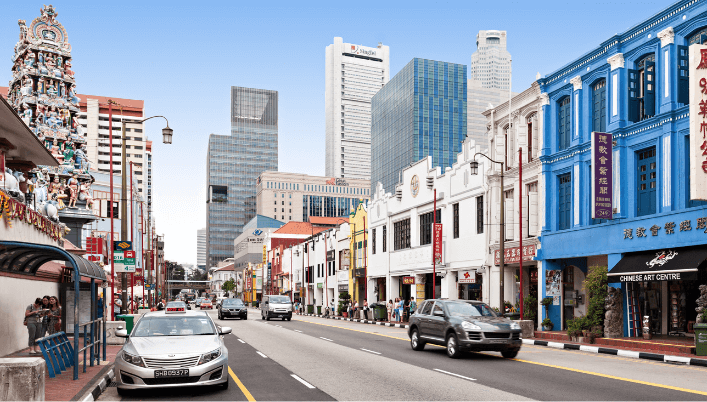
What are the different types of properties available in Singapore?
Singapore offers a diverse range of properties to cater to different preferences and budgets.
The Housing and Development Board (HDB) flats are the most common type of housing for Singapore residents.
These flats are subsidized by the government and offer affordable housing options.
Condominiums, on the other hand, are private properties that offer a range of facilities and amenities.
Executive condominiums (ECs) are a hybrid between public and private housing, providing affordable luxury living.
Lastly, there are landed properties such as bungalows, terraced houses, and semi-detached houses, which offer larger spaces and more privacy.
What are the pros and cons of HDB flats?
HDB flats are a popular choice among Singaporeans due to their affordability.
They are heavily subsidized by the government, making them an attractive option for first-time homebuyers.
HDB flats also come with amenities like schools, markets, and recreational facilities in close proximity.
However, there are certain restrictions on the resale of HDB flats, and owners have to abide by specific regulations set by the government.
Additionally, the leasehold nature of HDB flats means that the value may depreciate over time.
How can I finance the purchase of a property in Singapore?
Financing the purchase of a property in Singapore can be done through various means.
Most buyers utilize a combination of their Central Provident Fund (CPF) savings and bank loans.
The CPF can be used for the downpayment and monthly mortgage payments.
Banks in Singapore offer housing loans with competitive interest rates and flexible repayment options.
It is important to compare different bank loan options and choose one that suits your financial situation.
Exploring Different Property Types: HDB, Condos, ECs, and Landed Properties
What is the process of buying an HDB flat?
The process of buying an HDB flat involves several steps.
Firstly, you need to check your eligibility to purchase an HDB flat as a Singapore citizen or permanent resident.
Once you have determined your eligibility, you can start searching for a suitable HDB flat either through the Build-to-Order (BTO) or resale schemes.
The next step involves obtaining an Option to Purchase (OTP) from the seller and submitting an application for the HDB loan or bank loan.
After obtaining the necessary loan approval, you have to pay the downpayment and execute the sales and purchase agreement.
Finally, the completion of the transaction involves the payment of the remaining purchase price and relevant fees.
What should I consider when buying a condominium?
When buying a condominium, there are several factors to consider.
Firstly, location plays a significant role in property value and rental potential.
Choose a location that is convenient, well-connected, and offers amenities like schools, shopping malls, and public transportation.
Secondly, consider the facilities and services offered by the condominium.
From swimming pools and gyms to security and maintenance services, these amenities can enhance your living experience.
Lastly, it is important to review the management and maintenance fee structure before making a purchase.
What are the eligibility criteria for an Executive Condominium?
Executive Condominiums (ECs) are a popular choice for Singaporeans looking for a more luxurious living environment.
To be eligible to purchase an EC, you need to fulfill certain criteria.
Firstly, you must be a Singapore citizen.
Secondly, you must be at least 21 years old and have a household income that falls within the EC income ceiling.
Lastly, you should not own any other property or have disposed of any within the last 30 months.
It is important to review the eligibility criteria set by the government and consult with property agents to determine your eligibility.
Financing Your Dream First Home: CPF, Mortgage Loans, Costs of Buying and Downpayment

How can I use my CPF to finance my property purchase?
The Central Provident Fund (CPF) is a government-mandated savings plan in Singapore.
It can be utilized to finance your property purchase.
CPF can be used for the downpayment, monthly mortgage payments, and certain fees associated with purchasing property.
However, there are certain withdrawal limits and restrictions to ensure sufficient savings for retirement.
It is important to understand the specific rules and guidelines set by the CPF Board and consult with financial advisors to maximize the use of your CPF savings.
What are the different types of home loans available in Singapore?
There are various types of home loans available in Singapore to cater to different financing needs.
The most common type is the floating rate mortgage, where the interest rate fluctuates with the market.
Fixed-rate mortgages have a predetermined interest rate for a specific period, providing stability in monthly repayments.
SIBOR (Singapore Interbank Offered Rate) packages offer interest rates based on the prevailing SIBOR rates, which are influenced by the global financial market.
It is important to compare the different loan options, understand the interest rate structure, and consider your financial capabilities before choosing a home loan.
How much should I save for the downpayment?
The downpayment is a crucial part of financing a property purchase.
In Singapore, the minimum downpayment percentage varies depending on the type and value of the property.
For HDB flats, the downpayment can range from 10% to 20% of the purchase price.
Condominiums and landed properties typically require a downpayment of 25% to 30%.
It is important to assess your financial situation and save enough for the downpayment to avoid excessive borrowing and potential financial strain in the future.
Navigating Legalities: Legal Fees, Conveyancing, and Property Taxes
What legal fees and charges are involved in buying a property?
When buying a property in Singapore, there are various legal fees and charges to consider.
These include stamp duties, legal fees for conveyancing services, valuation fees, and property taxes.
Stamp duties are payable upon the purchase of a property and are calculated based on the purchase price or the market value, whichever is higher.
Legal fees cover the legal work required for the transfer of ownership, and valuation fees are paid to professional valuers who assess the value of the property.
Property taxes are recurring annual taxes based on the value of the property.
What is the process of conveyancing?
Conveyancing is the legal process of transferring ownership of a property from the seller to the buyer.
It involves several steps, including drafting and reviewing the Sales and Purchase Agreement, conducting property searches and due diligence, ensuring the property has a clean title, arranging for the payment of stamp duties, and registering the property with the Land Registry.
Conveyancing ensures a smooth and legally compliant transfer of ownership.
How much property tax do I need to pay?
Property tax is an annual tax levied on property owners in Singapore.
The amount of property tax payable depends on the annual value of the property, which is determined by the government.
Property tax rates vary depending on the property type and ownership status.
Additional Costs Involved in Buying Property: ABSD, Stamp Duties, and Maintenance Fees
Understanding Additional Buyer’s Stamp Duty (ABSD)
One of the additional costs that homebuyers need to consider is the Additional Buyer’s Stamp Duty (ABSD).
ABSD is a tax imposed on buyers purchasing a second or subsequent residential property in Singapore.
The purpose of this policy is to ensure that residential properties are primarily for owner-occupation rather than investment purposes.
Calculating Stamp Duties
In addition to ABSD, there are also stamp duties that need to be paid when purchasing property in Singapore.
Stamp duties are taxes imposed on the documents used in property transactions.
The amount of stamp duty payable depends on the price of the property, the nature of the property buyer (Singapore citizen, Singapore Permanent Resident, or foreigner), and the type of property being purchased.
Budgeting for Maintenance Fees
When buying a property, it is essential to budget for maintenance fees.
Maintenance fees are monthly fees paid by homeowners for the upkeep and maintenance of the common areas and facilities in condominiums or other types of residential properties.
These fees can vary depending on the size and type of the property.
It is essential to factor in maintenance fees into your monthly expenses to ensure that you can comfortably handle the financial commitment.
First-Time Homebuyers: CPF Housing Grant and Financial Considerations

Utilizing the CPF Housing Grant
For first-time homebuyers in Singapore, the CPF Housing Grant is a financial assistance scheme provided by the Singapore government.
This grant aims to help eligible first-time homebuyers with the purchase of their first home.
The amount of the CPF Housing Grant depends on the income of the applicants and the type of property being purchased.
Evaluating Financial Considerations
Before buying a property, it is crucial to evaluate your financial situation carefully.
Consider your monthly income, existing financial commitments, and the upfront cost of purchasing a property.
It is also essential to factor in other financial considerations such as mortgage insurance, loan interest rates, and other miscellaneous costs.
Calculating Monthly Mortgage Payments
When buying a property, most homebuyers will need to take out a mortgage loan.
It is crucial to calculate your monthly mortgage payments to ensure that it fits within your budget.
Consider factors such as loan duration, interest rates, and the loan package offered by the bank or financial institution.
Exploring Resale Options: Resale Flats and Condominiums
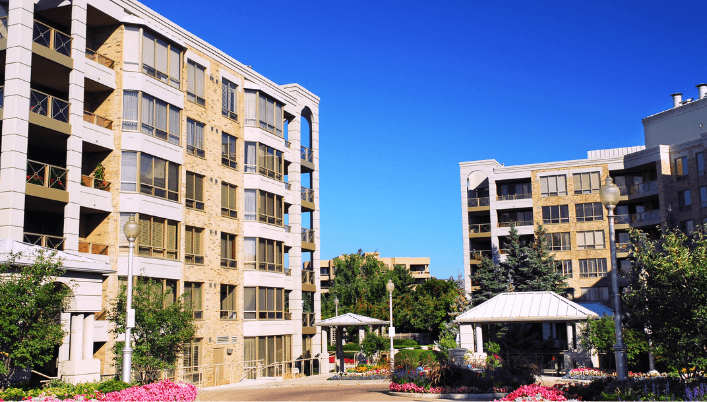
Comparing Resale Flats and Condominiums
When buying a property in Singapore, you have the option to choose between resale flats and condominiums.
Resale flats are HDB (Housing & Development Board) flats that can be purchased from existing owners, while condominiums are private residential properties.
Consider the pros and cons of each option, such as the price, location, and amenities available.
Understanding the Resale Process
The resale process for flats and condominiums in Singapore involves several steps.
These steps include finding a suitable property, making an offer, negotiating the price, and completing the necessary paperwork.
It is recommended to engage the services of a qualified real estate agent who can guide you through the process and ensure a smooth transaction.
Considering Factors in Resale Property Selection
When selecting a resale property, there are several factors to consider.
These factors include the size and layout of the unit, the condition of the property, the surrounding amenities, and the potential for future growth in the area.
Conduct thorough research and arrange for a valuation report to assess the value of the property before making a decision.
The Process of Buying a BTO (Built-To-Order) Property

Understanding the BTO Scheme
The Built-To-Order (BTO) scheme is a popular option for Singaporeans looking to purchase a new HDB flat directly from the government.
Under the BTO scheme, prospective buyers can choose from a range of new flats in HDB estates.
The BTO flats are sold at a subsidized price and come with various eligibility criteria and lease periods.
Eligibility and Application Process
To be eligible for a BTO flat, applicants must meet certain criteria, such as being a Singapore citizen, at least 21 years old, and fulfilling the income ceiling requirements.
The application process involves selecting a preferred flat, submitting an application, and waiting for the balloting results.
Successful applicants will be invited for flat selection and subsequent contract signing.
Financing a BTO Property
Financing a BTO property involves several considerations, including using your CPF savings, taking a bank loan or HDB loan, and determining the loan amount and repayment period.
It is important to understand the financial aspects of purchasing a BTO property, including the upfront costs, the loan amount you are eligible for, and the monthly repayments.
Maximizing Returns: Executive Condominiums and Resale Investments

Exploring Executive Condominiums (ECs)
Executive Condominiums (ECs) are another option for homebuyers in Singapore.
ECs are a hybrid of public and private housing, catering to the needs of the “sandwich class” – those who exceed the income limit for public housing but find private property prices unaffordable.
ECs offer various facilities and amenities and can provide potential returns for both homebuyers and investors.
Factors to Consider in Resale Property Investments
For those considering property investments, resale properties can be an attractive option.
Factors to consider when investing in resale properties include location, demand and supply dynamics, growth potential, and the condition of the property.
It is essential to conduct thorough research, consult with professionals, and stay updated with market trends to identify investment opportunities.
Navigating the Real Estate Market for Investment Opportunities
The real estate market in Singapore offers a wide range of investment opportunities.
Whether you are looking for rental income or capital appreciation, understanding the market trends, property cycles, and market demand is crucial.
Engage professional real estate agents or seek advice from financial institutions to navigate the market and make informed investment decisions.
Making Informed Financial Decisions: Loan Interest Rates and Valuation Reports
Understanding Loan Interest Rates
One of the key considerations when purchasing a property is the loan interest rate.
The loan interest rate determines the amount of interest you will pay on your mortgage.
It is crucial to understand how loan interest rates work and how they can impact your overall costs.
The Importance of Valuation Reports in Property Purchase
Before purchasing a property, it is essential to obtain a valuation report.
A valuation report provides an estimate of the property’s market value, which helps determine if the purchase price is fair.
It also enables you to assess the property’s potential for capital appreciation in the future.
Comparing Loan Options from Different Banks
When it comes to financing your property purchase, it is advisable to compare loan options from different banks.
Each bank may offer different interest rates, loan tenures, and repayment terms.
Taking the time to compare and negotiate with banks can potentially save you a significant amount of money over the long term.
Ensuring Property Protection: Home Insurance and Fire Insurance
Why Home Insurance is Essential for Property Owners
As a property owner, it is crucial to protect your investment.
Home insurance provides coverage for damages to your property caused by natural disasters, accidents, and other unforeseen events.
It offers financial protection and peace of mind, allowing you to focus on enjoying your new home.
Understanding Fire Insurance Coverage for Your Property
In addition to home insurance, it is important to have fire insurance coverage for your property.
Fire insurance specifically protects against damages caused by fire-related incidents.
It is a mandatory requirement for property owners in Singapore and provides essential coverage in the event of a fire.
Choosing the Right Insurance Policies for Your Property
When selecting insurance policies for your property, it is crucial to assess your needs and choose policies that provide comprehensive coverage at an affordable cost.
Consider factors such as the size and type of property, location, and potential risks when making your decision.
Factors Affecting Property Prices: Location, Market Trends, Private Property in Singapore, and Development
The Role of Location in Property Valuation
The location of a property plays a significant role in its valuation.
Desirable locations with excellent amenities, good transportation links, and proximity to schools, shopping malls, and other facilities tend to command higher property prices.
It is important to consider not only the current value of the property but also its potential for future appreciation.
How Market Trends Influence Property Prices
The property market is subject to fluctuations influenced by various factors such as supply and demand, economic conditions, and government policies.
Staying informed about current market trends can help you make better decisions when purchasing a property.
It is advisable to consult experts and real estate professionals for accurate market information.
The Impact of Development on Property Values
Development projects, such as infrastructure improvements and upcoming residential or commercial developments, can have a significant impact on property values.
Proximity to new transportation hubs, business districts, or upcoming amenities can increase property prices.
On the other hand, construction projects that may obstruct views or cause disturbances can potentially lower property values.
Government Policies and Regulations: PR Eligibility, ABSD Rates, and Loan Restrictions
Understanding PR Eligibility for Property Purchase
For foreigners residing in Singapore, Permanent Resident (PR) status is an essential requirement to purchase certain types of properties.
Understanding the eligibility criteria and process for obtaining PR status is crucial when considering property purchase as a foreigner.
Understanding Additional Buyer’s Stamp Duty (ABSD) Rates
Additional Buyer’s Stamp Duty (ABSD) is a tax imposed on certain property purchases in Singapore.
The rates vary depending on factors such as residency status, number of properties owned, and property type.
Understanding the ABSD rates is important to incorporate these costs into your budget.
Loan Restrictions for Certain Property Types
Certain property types, such as Executive Condominiums (ECs) and non-residential properties, may have specific loan restrictions imposed by the government.
It is important to be aware of these restrictions and carefully consider them when purchasing such properties.
Steps to Owning Your Dream Home: From Property Search to Completion
Tips for Effective Property Search
Searching for your dream home can be an exciting but challenging process.
It is crucial to define your requirements, set a budget, and conduct extensive research.
Engaging the services of a professional real estate agent can also help streamline the property search process.
Negotiating the Purchase Price and Option Fee
Once you have found a property of interest, negotiating the purchase price and option fee is an important step.
Familiarize yourself with the property market and comparable sales in the area to determine a fair purchase price.
The option fee is a deposit that secures your right to purchase the property for a specified period.
The Process of Completing the Property Purchase
Completing the property purchase involves various steps, including engaging conveyancing lawyers, obtaining necessary approvals from authorities such as the Singapore Land Authority, and arranging financing.
Additionally, there are other costs such as conveyancing fees, stamp duties, and potential renovation costs that need to be taken into account.
In conclusion, the cost of purchasing property in Singapore involves various factors and considerations.
Understanding loan interest rates, valuation reports, insurance policies, location, market trends, and government policies are all essential to making informed decisions.
The process of purchasing a property in Singapore can be complex, but with careful planning and research, you can navigate the process successfully and make your dream of owning a home in Singapore a reality.
Conclusion
Discovering the world of property ownership in Singapore is an exciting journey filled with opportunities and challenges.
As you embark on this path, you’ll uncover a realm of benefits that come with owning property in this vibrant city-state.
Singapore stands as a beacon of stability with a robust economy and a political climate that ensures security for your investment.
Owning property here isn’t just about acquiring a piece of real estate – it’s a gateway to building equity and achieving financial stability for the long term.
The attractive rental yields make this a compelling choice for savvy investors seeking reliable returns.
But the allure of property ownership extends beyond financial gains.
It’s about finding your haven, your sanctuary, and a place you can proudly call home.
Singapore offers a diverse array of property types to suit your preferences and lifestyle, from Housing and Development Board (HDB) flats that emphasize affordability to executive condominiums (ECs) that offer luxury and comfort.
Navigating this thriving real estate landscape requires both wisdom and insight.
As you delve deeper, you’ll uncover the art of crafting content with “burstiness and perplexity,” just as you do when mastering the intricate dance of keywords and resonating content traits.
Your journey mirrors the optimization process of on-page SEO, where meta tags and keyword placement enhance visibility, much like how understanding market trends and property cycles enhance your investment visibility.
You’re not alone in this journey.
Just as you’d engage with experts to fine-tune your SEO strategy, you’ll find trusted real estate agents and mortgage specialists who act as your guiding lights through the property purchasing process.
They’ll help you navigate the legal intricacies, from understanding stamp duties to evaluating legal and financial implications.
The world of property ownership in Singapore is waiting to be explored, much like how you explore keywords to uncover new opportunities.
So, fasten your seatbelt, for this journey is not only a pursuit of bricks and mortar but a pursuit of your dreams and aspirations.
Your property ownership story in Singapore awaits, and it’s a story that’s waiting to be written by you.
Frequently Asked Questions
What are the costs involved in purchasing a property in Singapore?
When purchasing a property in Singapore, you will need to consider various costs such as legal fees, agent fees, stamp duty, mortgage loan fees, renovation costs, and property tax.
What is the difference between a condo and a HDB flat?
A condo, short for condominium, refers to a private residential property that is owned by an individual and typically comes with facilities such as a swimming pool and gym.
On the other hand, an HDB flat refers to a public housing flat provided by the Housing and Development Board to eligible Singaporeans.
Can I use a bank loan to purchase a property in Singapore?
Yes, you can apply for a mortgage loan from a private bank to finance your property purchase in Singapore.
These loans are subject to the bank’s eligibility criteria and interest rates.
What is the process of buying a home in Singapore?
The process typically involves finding a suitable property, engaging a property agent, conducting property viewings, negotiating the price and terms, obtaining a loan (if necessary), completing legal documentation, and making the necessary payments.
Are there any grants or subsidies available for first-time homebuyers in Singapore?
Yes, there are various grants and subsidies available, such as the Enhanced CPF Housing Grant and the Family Grant, specifically designed to assist first-time homebuyers in Singapore.
How much do private condominiums in Singapore cost?
The cost of private condominiums in Singapore can vary widely depending on factors such as location, size, facilities, and developer.
On average, the price range can start from several hundred thousand dollars to several million dollars.
What are the additional costs of owning a home in Singapore?
In addition to the purchase price, homeowners in Singapore are also responsible for costs such as monthly maintenance fees, property tax, annual property tax, and home insurance.
Can I use my CPF funds to purchase a property in Singapore?
Yes, you can use your CPF (Central Provident Fund) funds to finance the purchase of a property in Singapore.
However, there are certain rules and limitations on the usage of CPF funds for property purchase.
What is the difference between a new launch and a resale property?
A new launch property refers to a property that is being sold by a developer before its completion or TOP (Temporary Occupation Permit).
On the other hand, a resale property refers to a property that is being sold by the current owner, usually after the property has been completed.
What are the loan options available for purchasing an Executive Condominium (EC) in Singapore?
You can apply for a bank loan or a Housing and Development Board (HDB) loan for purchasing an Executive Condominium in Singapore.
However, do take note that there are certain eligibility criteria and restrictions for each loan option.


